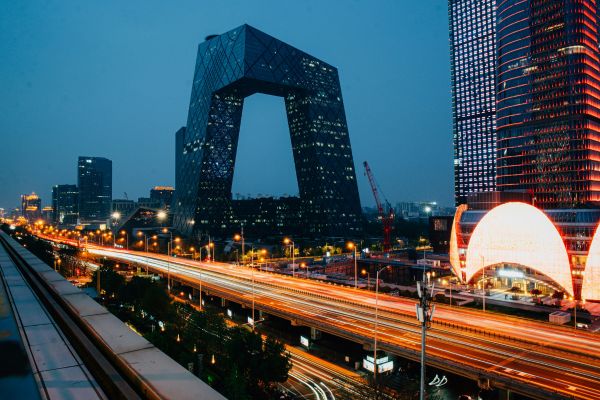
On 14 Mar. 2025, China’s Supreme People’s Court (SPC) issued the “Interpretation on Several Issues Concerning the Application of Law in the Trial of Civil Dispute Cases Involving Prepaid Consumption” (关于审理预付式消费民事纠纷案件适用法律若干问题的解释, hereinafter the “Interpretation”), clarifying judicial rules to address rampant issues such as “merchant absconding with prepayments” and “unfair contract terms”. Six typical cases have also been published.
Prepaid consumption is widely used in China’s catering, fitness, and education sectors, but has been the subject of frequent disputes.
The Interpretation specifically regulates “unfair contract terms”. Clauses such as “no refund after payment”, “no replacement of cards if lost”, and “restrictions on transferring membership cards” will be deemed invalid by courts. In addition, contract terms that require arbitration, but whose arbitration fees far exceed the amount of prepayment, are considered invalid as they unreasonably increase the cost of protecting consumer rights. For “absconding with prepayments”, businesses that maliciously shut down to avoid debts will be subject to punitive damages, and suspected criminal activities will be referred to the police.
Additionally, the Interpretation affirms consumers’ right to terminate prepaid contracts and claim unconditional refunds within seven days of payment, except in cases where identical goods or services have been used.
The six typical cases include scenarios such as “professional store closure facilitators” aiding debt evasion and gyms restricting membership transfers.
The SPC has emphasized its collaboration with administrative departments to combat prepaid consumption abuses and standardize the market through case guidance.
Photo by Christian Lue on Unsplash
Contributors: CJO Staff Contributors Team









